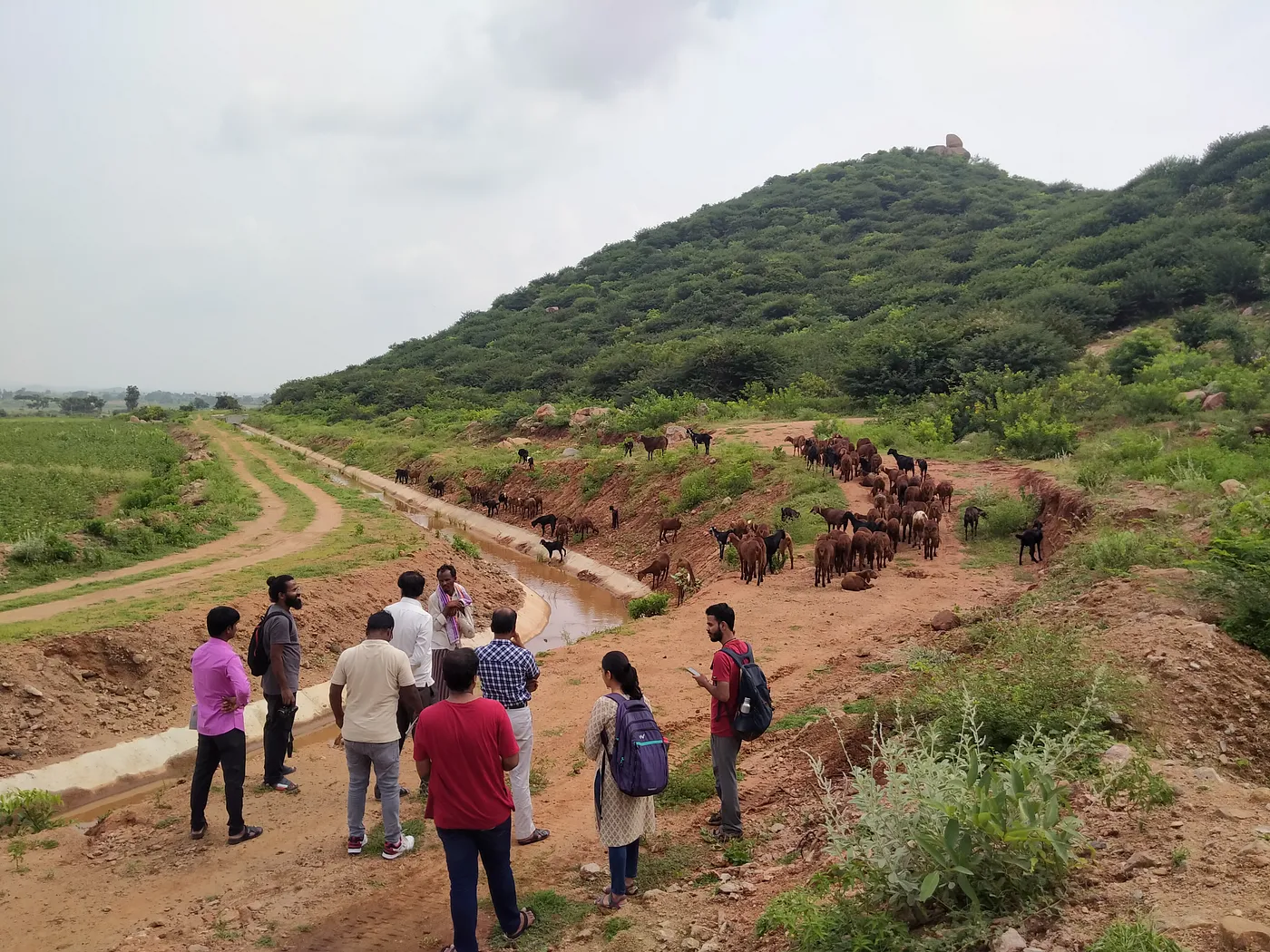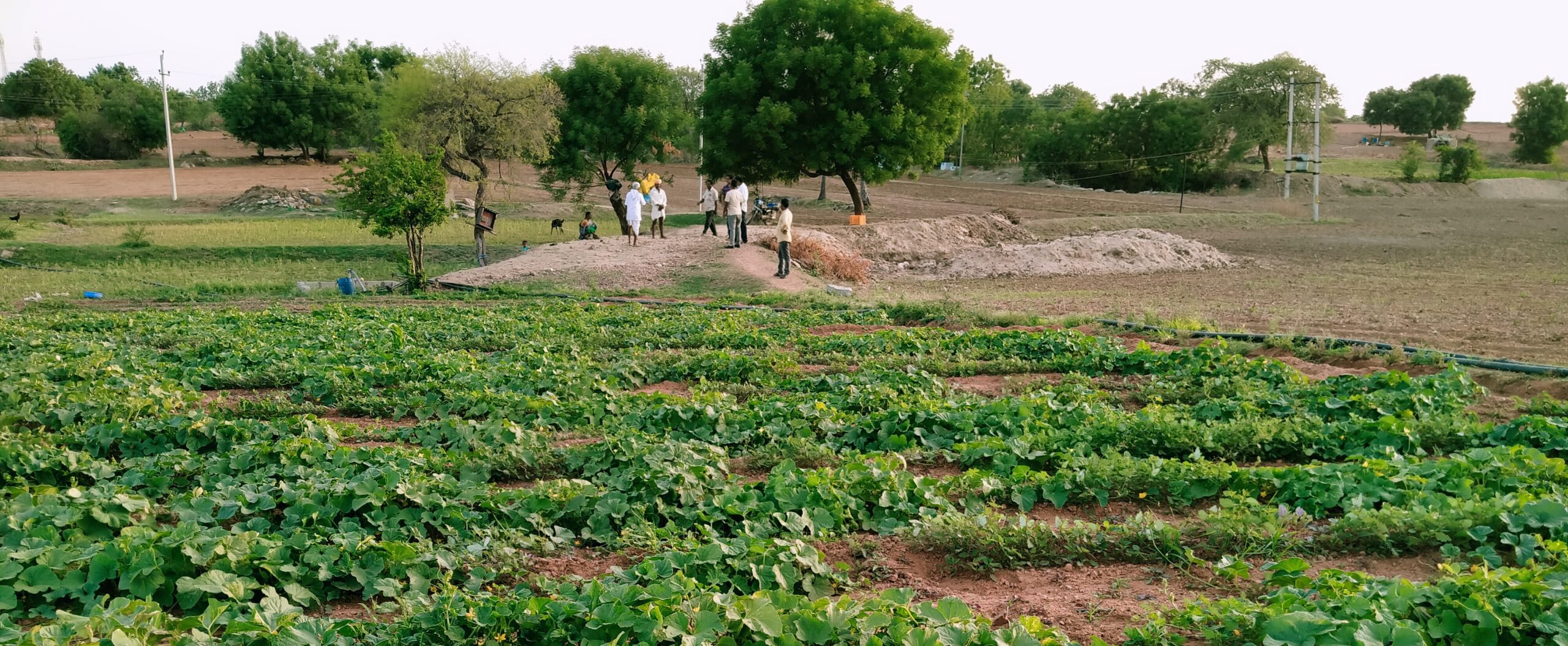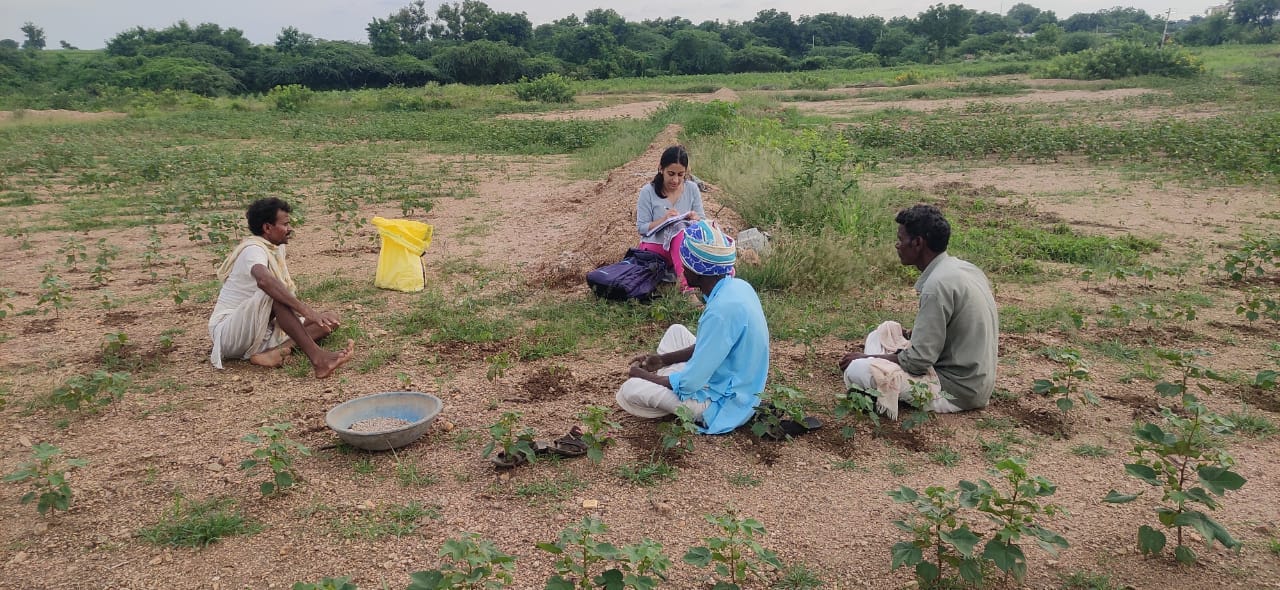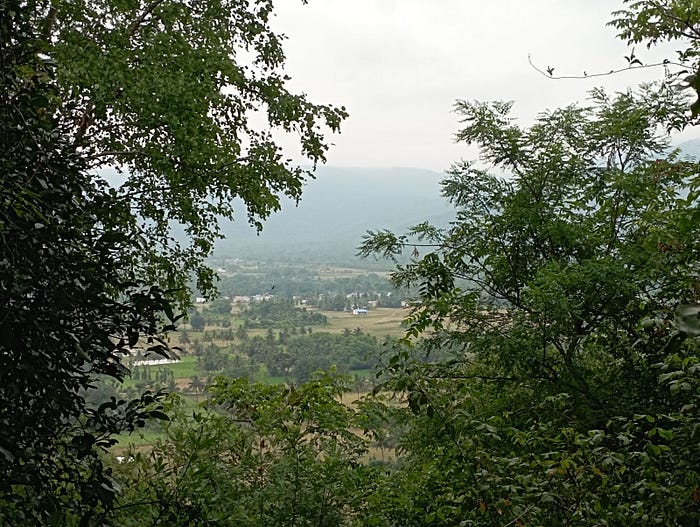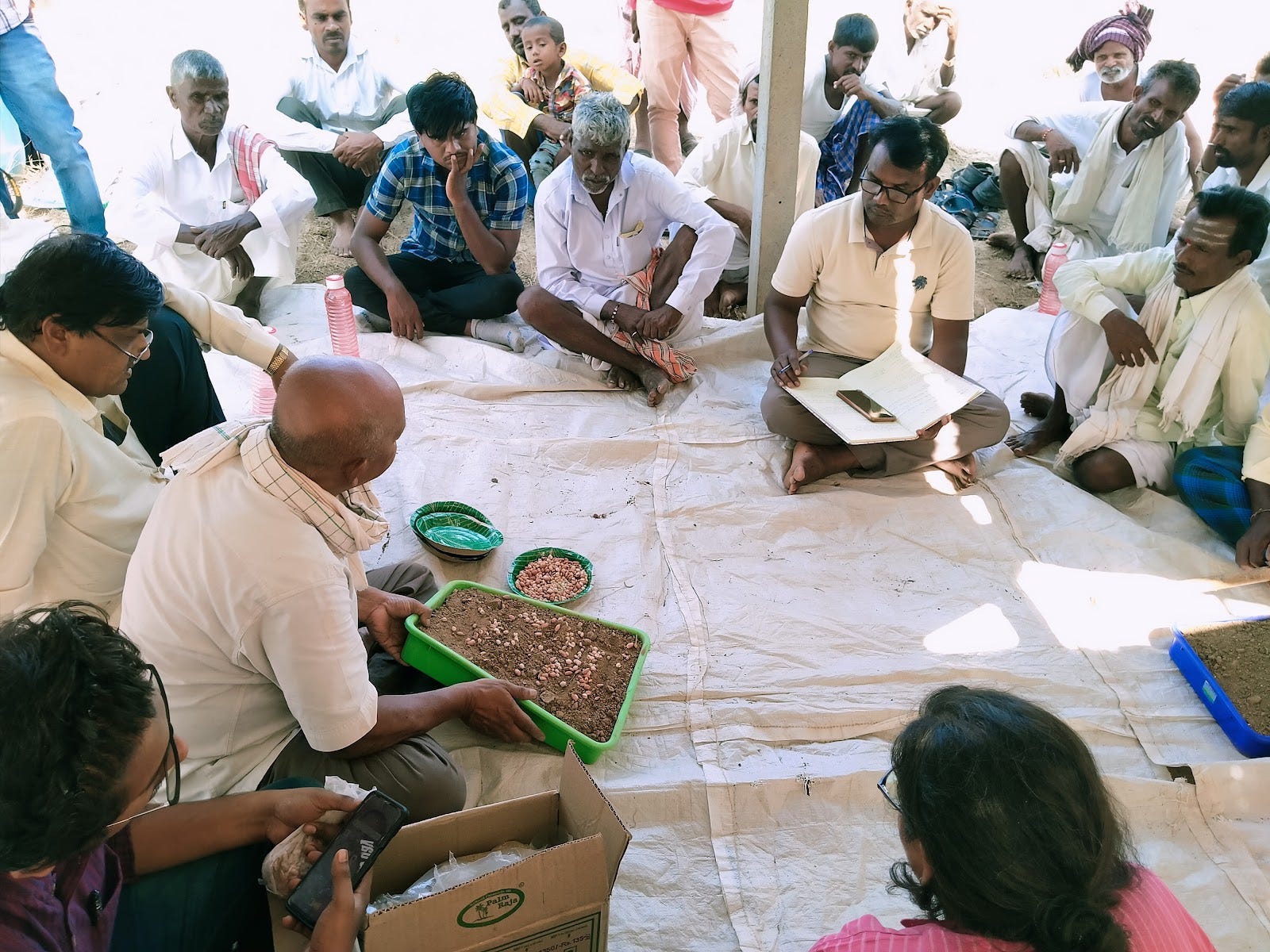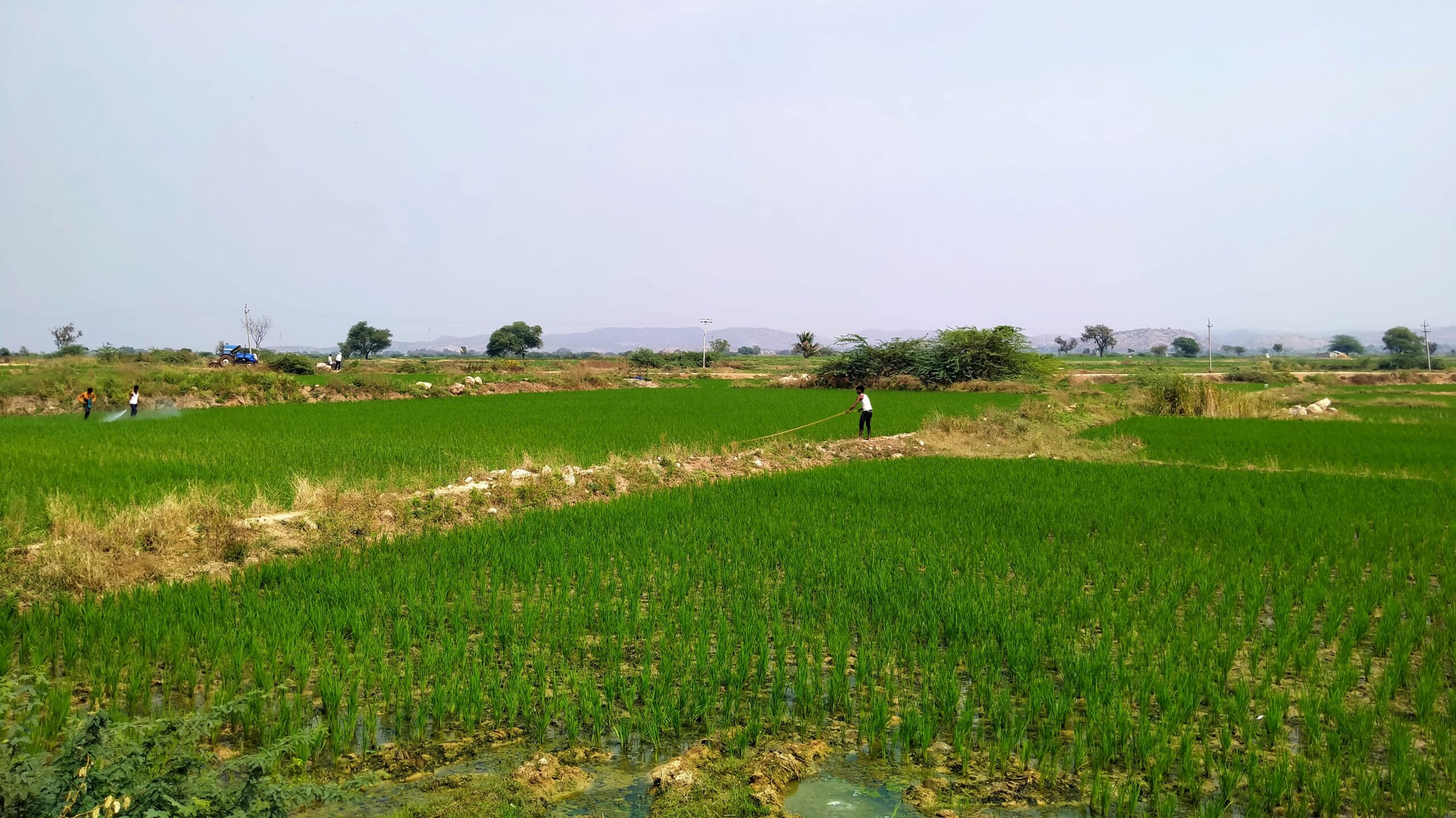Coconut Chips to Wild Honey: When Consumers Demand, Food Producers Supply
An assortment of items in the goodie bag we put together for WELL Labs’ launch event in New Delhi point to production and consumption pathways that are a win-win for people and the planet.
The Green Revolution increased food production in India to meet the demands of a growing population, pulling millions out of poverty and making us food secure. But it came at an environmental cost.
Today, 30% of India’s agricultural land is degraded. And groundwater levels are falling in almost two-thirds of India’s districts. Our pursuit of food security and economic efficiency has come at the expense of farmers who own small parcels of land. Their share of the food value chain has declined sharply, making agriculture unviable for many. As their incomes fell, farmers were forced to move to cities in search of work. We need to improve farmer incomes without putting our natural resources under further strain.
Food security, climate security and livelihood security don’t have to be at odds.
Studies have shown that beyond the initial transition, regenerative agriculture can be more profitable than conventional farming. Profits come from lower input costs and diverse income streams.
As part of our launch event in New Delhi, we put together a collection of items that are examples of possible future pathways that are a win-win for both people and the planet.
Value addition: Araku Coffee and vacuum-fried chips from Shuddha Aahara allow farmers to retain a larger share of the food value chain including processing, packaging and branding.
Collectivisation: Through coconut chips and other products, Tengin tackles the sustainable transition challenge by harnessing the power of farmer collectives. So does Last Forest Enterprise, a market intermediary for wild forest produce harvested by indigenous communities in the Nilgiris.
Diversification: The tote bag is made by a women’s collective in the Paalaguttapalle village in Andhra Pradesh. After drought struck, impacting agriculture, they started stitching to sustain their families.
At WELL Labs, we envision a world with many localised food systems, where the goal is the community’s resilience and not just economic efficiency. If you change what consumers demand, you can change what producers supply.
Edited by Anjana Balakrishnan
If you would like to collaborate, write to us. We would love to hear from you.
Follow us and stay updated about our work:

